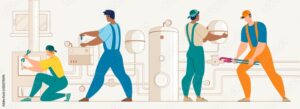
DYI Check Your HVAC System
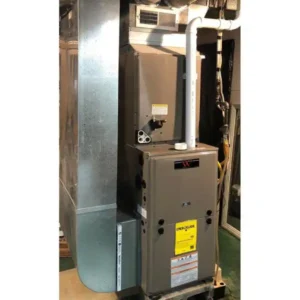
Checking your HVAC (heating, ventilation and air conditioning) system is an important task that should be done regularly to ensure it operates efficiently and effectively. A well-maintained HVAC system will not only save you money on energy bills but also provide better indoor air quality.
Here are some simple steps you can follow to perform a DIY check on your HVAC system:
Check and replace air filters
Air filters play a crucial role in the performance of your HVAC system. They prevent dust, dirt, and other particles from entering and clogging the system’s components. A dirty or clogged filter will reduce the system’s airflow, making it work harder to maintain the desired temperature. This can lead to increased energy consumption and potential damage to the system. Therefore, it is essential to regularly check and replace air filters every 1-3 months.
Inspect and clean outdoor unit
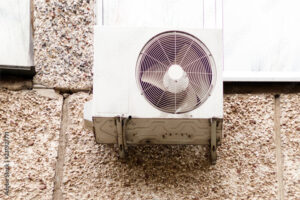
The outdoor unit of your HVAC system is exposed to the elements, which can cause dust, leaves, and debris to accumulate on and around it. This buildup can restrict airflow and reduce the efficiency of the system. It is important to inspect the outdoor unit and clean it regularly to ensure optimal performance.
Check thermostat settings
The thermostat is the brain of your HVAC system, controlling when it turns on and off and at what temperature. It’s important to check that your thermostat is set correctly according to your comfort preferences and schedule. You can also consider upgrading to a programmable or smart thermostat for more precise temperature control and energy savings.
Clean air vents and ducts
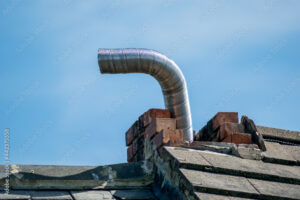
Dust, dirt, and other pollutants can accumulate in your air vents and ducts over time, reducing the quality of indoor air. It is recommended to clean them regularly to prevent health issues and improve the efficiency of your HVAC system.
Inspect electrical connections
Loose or corroded electrical connections can cause your HVAC system to malfunction or even pose a fire risk. It is crucial to inspect and tighten any loose connections and replace any damaged wires.
Check for unusual sounds or smells
While operating your HVAC system, pay attention to any unfamiliar sounds or odors. These could be signs of potential issues that need to be addressed by a professional technician.
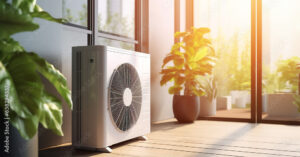
Follow and subscribe to our YouTube channel for tons of Great information.
| www.youtube.com/@GallowayBuildingServices |
